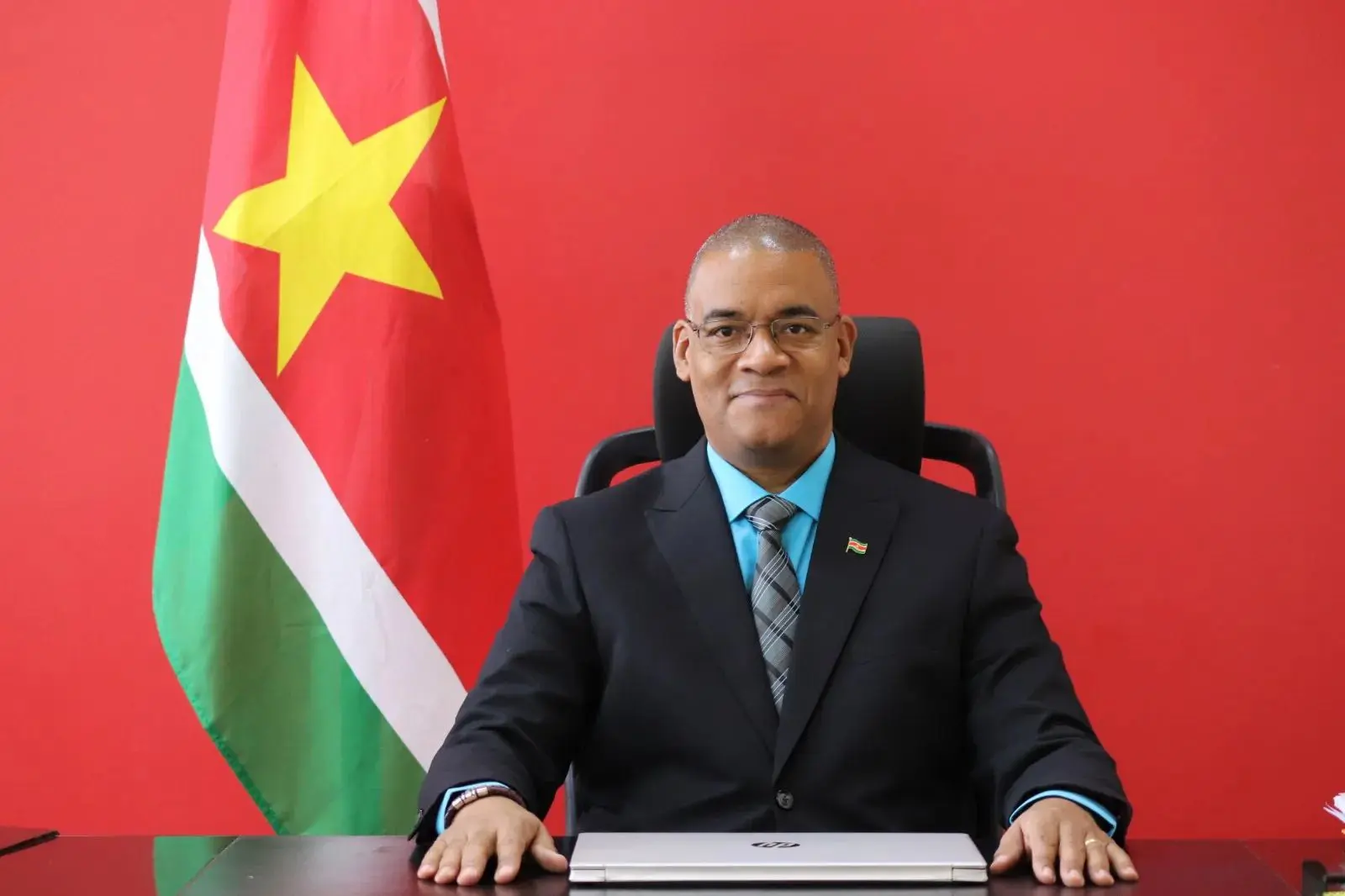PARAMARIBO, SURINAME – In May 2025, then-President Chandrikapersad Santokhi unveiled ‘Royalties for Everyone’, an initiative that promised to share Suriname’s future oil revenues directly with its citizens. Under the plan, every Surinamese citizen would receive a share of royalties from oil production in Block 58 once revenues begin flowing in 2028.
The program pledged to distribute 40% of annual royalties to registered citizens, with individuals potentially receiving up to US$1,275, plus incentives for deferring withdrawals. Early disbursements of up to US$750 (in SRD) were also planned for vulnerable groups, including the elderly and the disabled.
That ambition, however, has now been set aside, for a more “sustainable” investment.
Speaking at a Business Conference last October in Guyana, Suriname’s Minister of Economic Affairs, Entrepreneurship and Technological Innovation, Andrew Baasaron, spoke briefly on the cancellation, the first said about the new administration’s intention.
He said the new government under President Jennifer Geerlings-Simons has shelved the royalty-payout plan.
When asked how his ministry would ensure equitable wealth distribution, Baasaron replied: “Mrs. Simons and the Cabinet decided to go another route where we don’t just give the money – even though people really need the financial injection – but to look more at a sustainable way of investing into our companies and our people. We don’t have the income that Guyana has at the moment.”
Instead of direct payouts, the government will redirect future oil proceeds toward investment in enterprises, technology, and human capital.
Baasaron added: “My main focus at the ministry is to increase our productivity by investing more – not just giving incentives or money – but by changing our mindsets in Suriname. People were raised, especially in the districts and interiors, to depend on the government. We ask for a little patience to start at a foundation where we invest and not just give money, and be more productive.”
Suriname’s policy shift highlights the tension between social expectations and fiscal prudence, a debate that will shape public trust in how the country manages its upcoming oil wealth.



